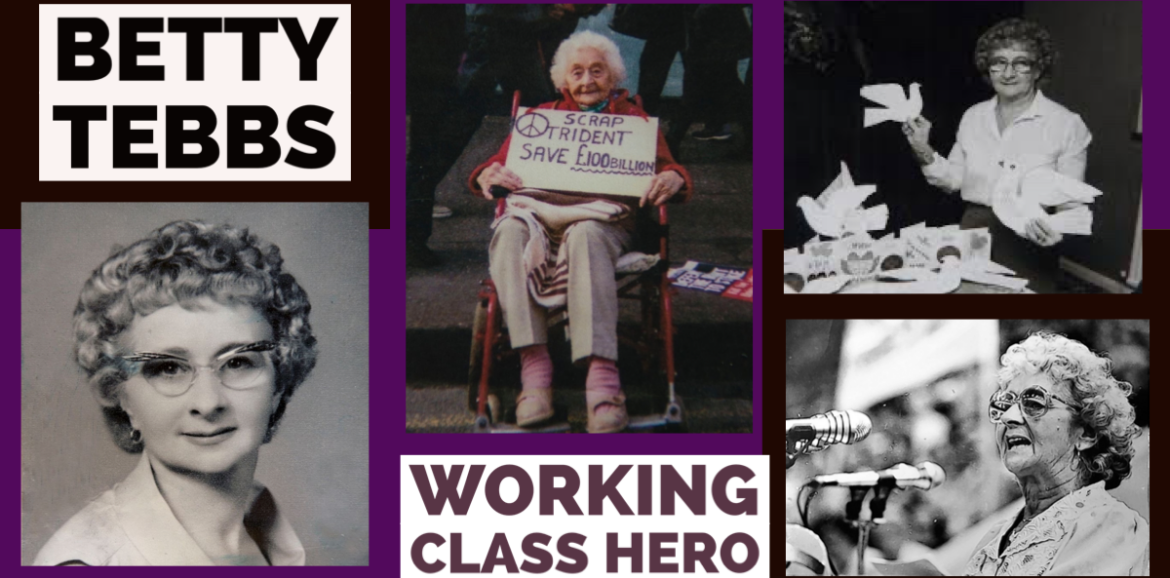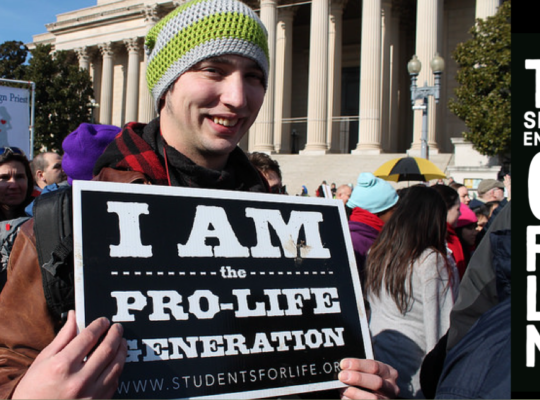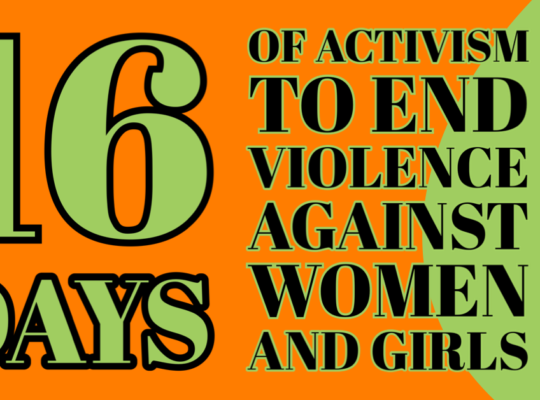Wednesday 8th March, 2023
I grew up in the small northern mill town of Radcliffe and went to school in the neighbouring town; Bury. These places are the proud homes of Danny Boyle, Elbow and Sir Robert Peel.
Whilst I had little to no interest in local history I couldn’t help but know about Robert Peel, we learned about the Peelers in school. I passed his statue in Bury whenever I went shopping and of course there were all the local buildings, streets and monuments that bore his name.
Until recently however, I hadn’t heard of Betty Tebbs, a woman whose story began only round the corner from the street I lived on, in the paper mill I used to ride my bike round, whose workers queued in my parent’s shop at 5am, picking up their cigarettes and newspaper before the early shift. Why? Because women’s stories aren’t told enough.
1932, at the tender age of 14, Betty Tebbs arrived at the East Lancashire Paper Mill (ELPM) for her first day of work. Whilst there she discovered that her wages of only 9 shillings a week paled in comparison to the 13 shillings a week the boys were paid. She was furious. Her response? She joined the union!
Betty didn’t just ask questions about why she was paid less than the boys, she wanted to know why she should put up with being groped by some of the managers, why it was the women’s job to fetch the tea for the boss, 14 years old, less than five foot tall, and causing trouble: the right kind of trouble. When Betty left her job at ELPM 18 years later, the women there were the best paid paper mill women in Britain.
46 years later, the year I was born, Tebbs, then aged 60 was still making the world a better place, establishing the first women’s refuge in Warrington, despite opposition from the the local council who insisted that there were no battered women in Warrington, and the local neighbours who complained that it would attract women of low reputation who used foul language.
But it didn’t stop there, as I worked my graduate job in 2007, earning a fair wage and being treated the same way as my male colleagues, the woman who had been part of the fight for that in my own hometown, was laid on a Scottish road, dishing out stern words to the police officer arresting her for protesting against Trident. She was 89 years old. I was still completely oblivious to her existence.
There was almost no fight that Betty Tebbs wouldn’t take on. She fought alongside the Grunwick strikers campaigning against poor working conditions for South Asian women, she was at Greenham Common campaigning for peace, she even deliberately took a low paid job at a paper bag factory described as the worst place to work in Warrington so she could campaign to improve pay and conditions, when she left the women who worked there were paid twice the amount they were when she started.
Betty Tebbs fought for peace and justice right up until the day she died in 2017 aged 98. If she were alive today she would be 104 years old and I am sure that despite that, she would be on the picket lines arm in arm with the nurses, railway workers and teachers, who continue to demand a better world.
“a radical hero who worked tirelessly and with great humility to campaign for equal rights, workers’ rights and peace her whole life”
People’s History Museum, Manchester
#embraceequity #IWD2023







